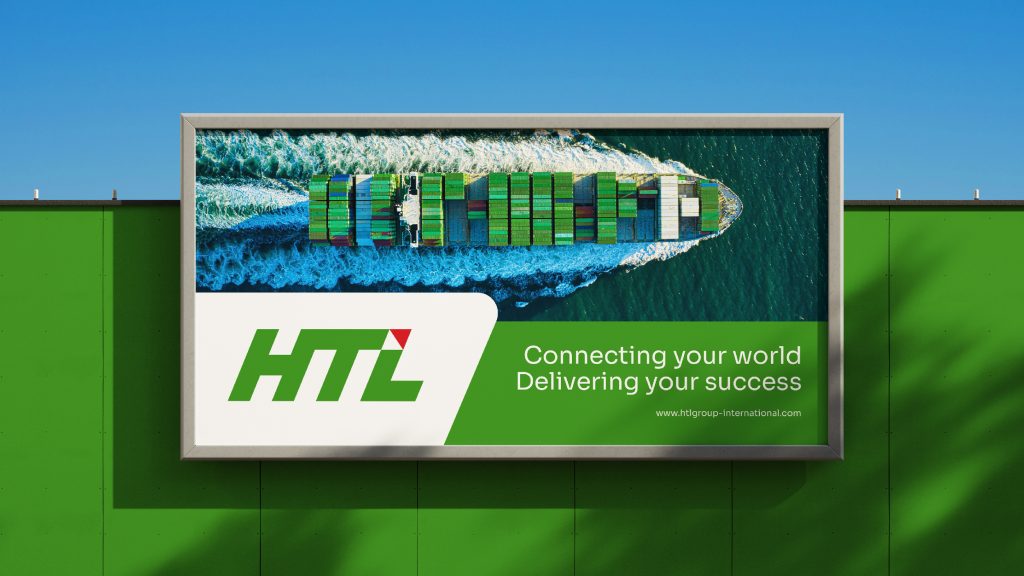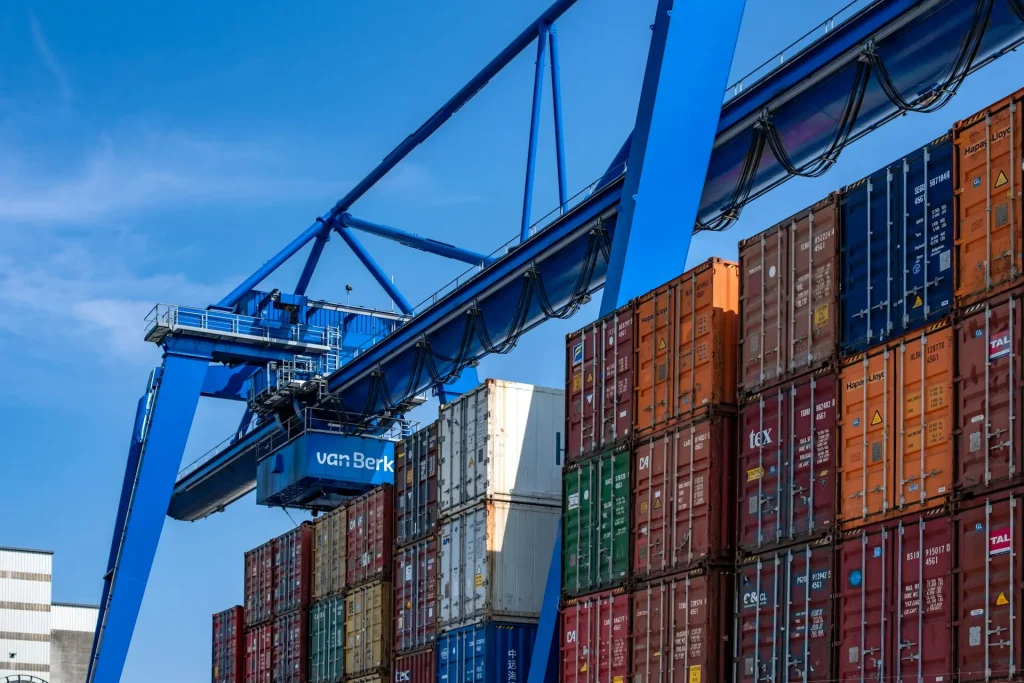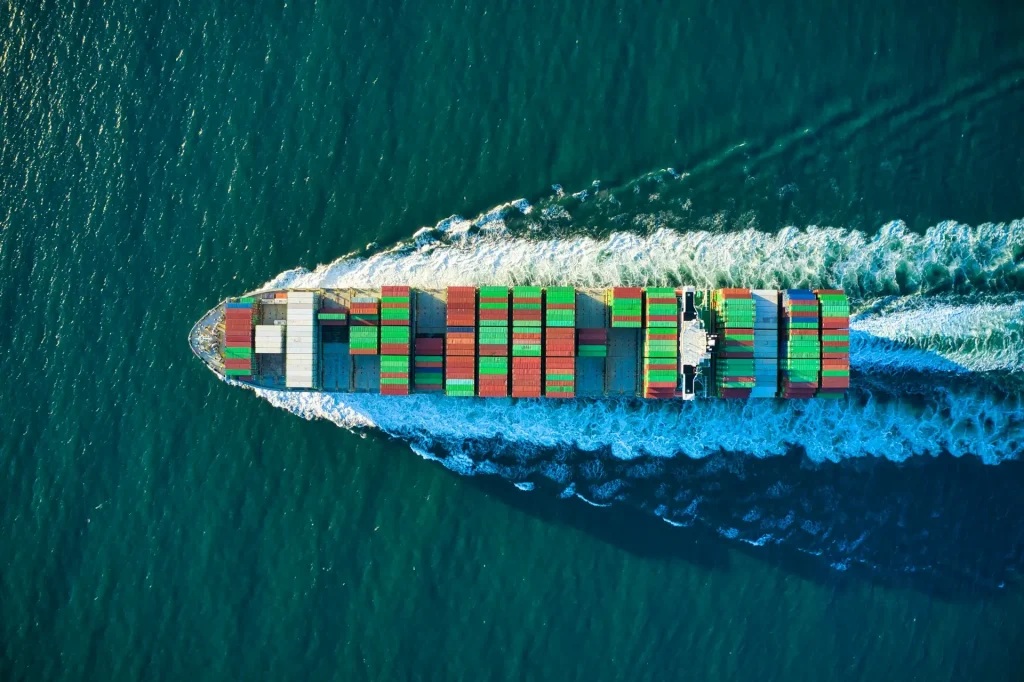The logistics industry has always been about moving goods from point A to point B. But in the modern era, it’s no longer just about transportation — it’s about efficiency, visibility, and innovation. Technology has become a game-changer, transforming how logistics companies operate and how customers experience shipping.
1. Real-Time Tracking and Visibility
Gone are the days when shipments disappeared into a “black hole” until they arrived. With GPS and IoT (Internet of Things) devices, customers and logistics providers can now monitor cargo in real-time. This transparency:
- Improves trust with clients.
- Helps identify and solve delays quickly.
- Allows better planning for warehouse and delivery schedules.
Real-time tracking isn’t just a convenience — it’s now a standard expectation.
2. Automation in Warehousing
Modern warehouses are becoming smarter with the help of automation:
- Automated storage and retrieval systems (AS/RS) organize goods efficiently.
- Robotics handle picking, packing, and sorting.
- AI-powered inventory systems predict demand and prevent stockouts.
This reduces labor costs, minimizes errors, and speeds up order fulfillment.
3. Data Analytics for Smarter Decisions
Logistics generates massive amounts of data — from fuel consumption to delivery times. With advanced analytics:
- Companies can optimize routes to save time and costs.
- Predictive models can forecast demand and plan capacity.
- Risk analysis helps avoid potential disruptions.
Data-driven decision-making means better performance and higher customer satisfaction.
4. Digital Platforms for Seamless Communication
Cloud-based logistics platforms now allow instant communication between all parties in the supply chain — shippers, carriers, customs brokers, and clients. This streamlines:
- Booking shipments.
- Sharing documents.
- Managing changes in schedules.
Everything is accessible from anywhere, making coordination smoother and faster.
5. Sustainable Technology in Transport
Technology is also helping logistics companies become more eco-friendly:
- Electric and hybrid trucks reduce emissions.
- Route optimization software minimizes fuel use.
- Smart packaging solutions reduce waste.
Sustainability isn’t just good for the planet — it’s increasingly a selling point for customers.
6. The Rise of Last-Mile Innovations
The “last mile” — getting goods from distribution centers to the final customer — is one of the most challenging parts of logistics. Technology is driving innovations like:
- Autonomous delivery vehicles.
- Drone deliveries in remote areas.
- Smart lockers for flexible pickup options.
These solutions aim to make last-mile delivery faster, cheaper, and more reliable.
The Future of Tech in Logistics
With advancements in AI, blockchain, and 5G connectivity, logistics will become even more connected and efficient. Companies that embrace these tools will have a clear edge in meeting customer demands for speed, accuracy, and transparency.




